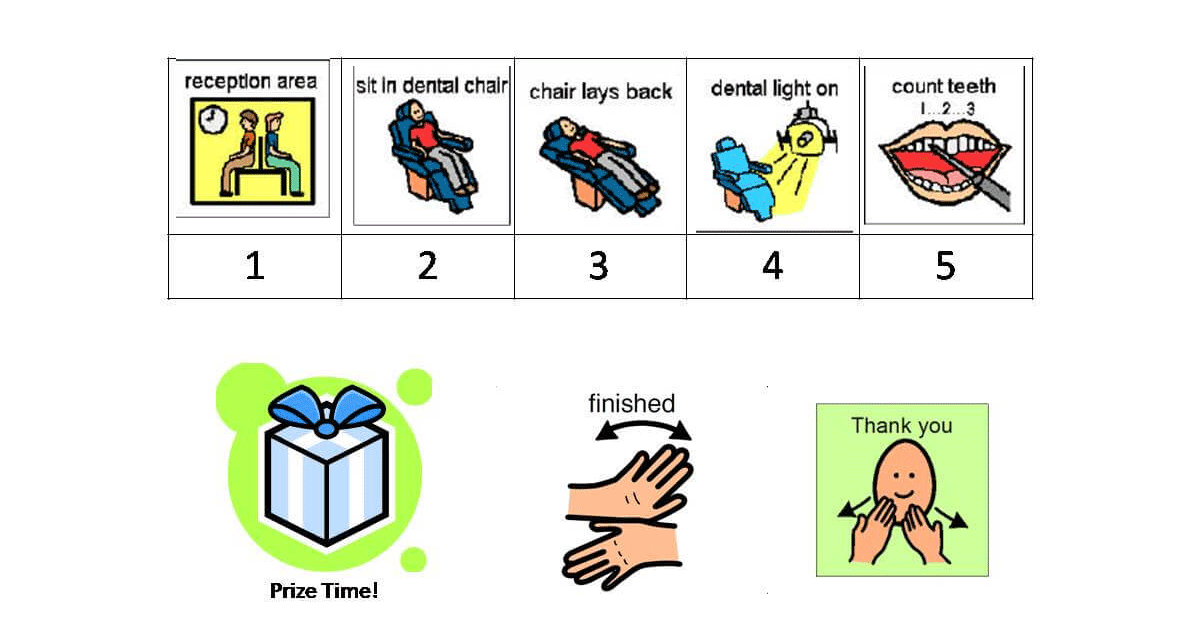Our panel of experts, Rebecca Shaffer, Lauren Schmitt, Tracy Murnan Stackhouse, Elizabeth M. Berry-Kravis, and Randi J. Hagerman, discuss behavior.
This session will cover currently available supportive medications for treating anxiety, irritability, and agitated and aggressive behaviors that can be problematic in Fragile X syndrome. Medication classes and specific medications within each class will be described.
Experts in the field discuss support and solutions for females with Fragile X in this panel discussion and Q&A.
Tracy Murnan Stackhouse, MA, OTR, addresses the topic of anxiety, hyperarousal, sensory reactivity, and behavioral difficulties that arise from overwhelm.
This presentation focuses on signs of emotion dysregulation in Fragile X syndrome and ways to respond including practical strategies and an Emotion Regulation Toolkit to download.
Dr. Marcia Braden presents a webinar about females and Fragile X syndrome to help you better understand the features associated with the syndrome.
Our distinguished presenters discuss currently available supportive medications for treating anxiety and irritable, agitated, and aggressive behaviors in Fragile X syndrome.
Understanding why individuals with Fragile X syndrome are anxious with strategies on how to manage and prevent triggers.
Read one mother’s story and her words encouraging you to keep at it with your child — brushing their teeth, taking them to the dentist, finding a dentist who is willing to work with you, and using general anesthesia if you need to.
We discuss verbal perseveration, a very typical and pervasive aspect of language in Fragile X syndrome. Does verbal perseveration interfere with daily living and activities? On the list of questions parents ask the most often, verbal perseveration is at the top.
We use a variety of visually-based supports with individuals with FXS for a number of reasons, including that they are visual learners, and we need to take advantage of this strength.
Pay attention to your reaction; if you provide social, emotional, or negative attention, you are most likely reinforcing a behavior that will continue.
When discussing FXS and behavior, it is important to note that — like every person — the focus should not only be on the challenging behaviors you may see. It is essential that parents look at the whole person. Some behaviors may result from the condition, many of which are positive, and they are the behaviors you will see most often.
Why would hearing “Happy Birthday” provoke such a strong reaction? The answer is really quite simple. Children with FXS tend to find it very uncomfortable being the center of attention.
An assortment of sensory-, routine-, and language-based daily life strategies from the experts at Developmental FX, drawn from evidence-based practice and knowledge of the neurocognitive development of children with FXS.



















